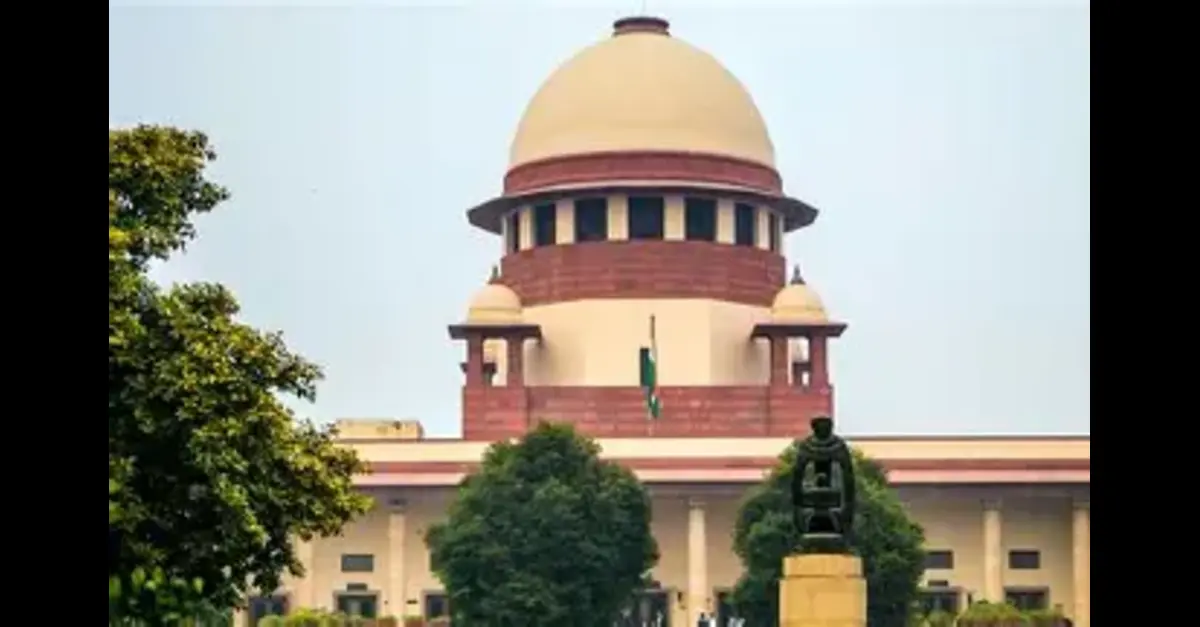Introduction
The Supreme Court has emphatically defined the boundaries of judicial delegation for environmental tribunals in India. In a significant ruling, it has determined that the National Green Tribunal (NGT) cannot delegate its primary adjudicatory functions to third-party expert committees. In affirming the NGT Act, 2010, the ruling makes clear that while committees can be an appropriate source of technical and factual information for the NGT to consider when making a decision, the NGT must render the final decision itself. This ruling has significant ramifications for and will change how environmental justice is administered in India, particularly considering the increasing delegation of fact finding to expert committees.
Background
Functional delegation arose in an appeal involving a sugar manufacturing company, which was ordered to pay ₹18 crores for discharging untreated effluents into water bodies in proximity to the area. The Tribunal, exercising its jurisdiction under the Water (Prevention and Control of Pollution) Act, 1974, had taken the punitive steps almost entirely reliant on a report by a committee consisting of the Central Pollution Control Board (CPCB), the Uttar Pradesh Pollution Control Board (UPPCB), and the District Magistrate. The company appealed to the Supreme Court, which raised concerns that natural justice required a fair hearing and that any action taken should be according to a statutory procedure. The main legal question in the case surrounded the NGT party being able to give judicial functions to the committees in this way and only use the findings from them.
Key Points
The Supreme Court identified several overarching legal principles and outlines the general contours of the NGT’s adjudicatory authority:
- Judicial functions are exclusively non-delegable: The NGT, being an expert judicial body, cannot delegate its primary adjudicatory duty to outside or expert committees. The Court took the position that committees may assist through fact-finding or technical expertise, but the NGT needs to take the ultimate decision. “NGT cannot delegate its adjudicatory functions to committees, even expert committees – the decisions must be those of NGT.”
- Role of Expert Committees: Expert committees can only find facts or assess technical aspects. Reports by expert committees may be relied on as input and can be challenged by the parties and will also face scrutiny by the Tribunal. Reports cannot be considered legal reasoning or resolve disputed issues of fact that NGT must decide.
- Statutory Mandate and Natural Justice: The NGT’s inadequate procedures in s19(1) of the NGT Act provide liberty and flexibility surrounding the operation of its procedure, but this does not allow it to circumvent the processes required to comply with the Water Act, 1974. Approving a committee’s recommendation without allowing the parties to be heard on a decision breaching principles of natural justice.
- Distinct Roles – Committees vs. Tribunal: The role of expert committees is advisory and does not replace the tribunal’s status as the final decision-maker. If administrative committees were assuming the role of ad hoc tribunals, NGT has delegated its decision-making powers to the committees, which would amount to a refusal to exercise jurisdiction.
- Precedent and Wider Implications: By citing cases such as Kantha Vibhag Yuva Koli Samaj Parivartan Trust and Sanghar Zuber Ismail, the Supreme Court reinforced that adjudication is a judicial function equally non-delegable under the statute, ensures accountability of the tribunal, and prevents a tribunal from being a “rubber stamp” for committees, etc.
Recent Developments
In the most recent ruling of M/s Triveni Engineering and Industries Ltd. v. State of Uttar Pradesh & Ors. (2025 LiveLaw (SC) 863), the Supreme Court quashed the National Green Tribunal (NGT) compensation order on the basis of being untenable, as it entirely relied on the recommendations of the committee without any independent adjudicatory scrutiny. The bench – Justices Manoj Misra and Ujjal Bhuyan – noted that permitting an indirect adjudication in this way would defeat the very purpose of statutory tribunals in the first instance, and would permit a complete denial of fair procedure.
This judgment is expected to change the practice of the NGT quite significantly, and would force the Tribunal to fully scrutinise every case before it when making an adjudication, without eventually allowing for the benefit of the technical committees, especially when dealing with technical matters that fall within the realm of environmental concerns.
Conclusion
By categorically holding that adjudicatory functions cannot be delegated to committees, the Supreme Court reinforces that due process and specialized judicial function are paramount in environmental jurisprudence. Committees can complement but certainly do not replace any decision made by the tribunal. The ruling is significant in terms of both planning the constitutional and procedural aspects of environmental justice in India because it reinforces the NGT as a true judicial forum rather than an administrative decision handler.
“PRIME LEGAL is a full-service law firm that has won a National Award and has more than 20 years of experience in an array of sectors and practice areas. Prime legal falls into the category of best law firm, best lawyer, best family lawyer, best divorce lawyer, best divorce law firm, best criminal lawyer, best criminal law firm, best consumer lawyer, best civil lawyer.”
WRITTEN BY Stuti Vineet


